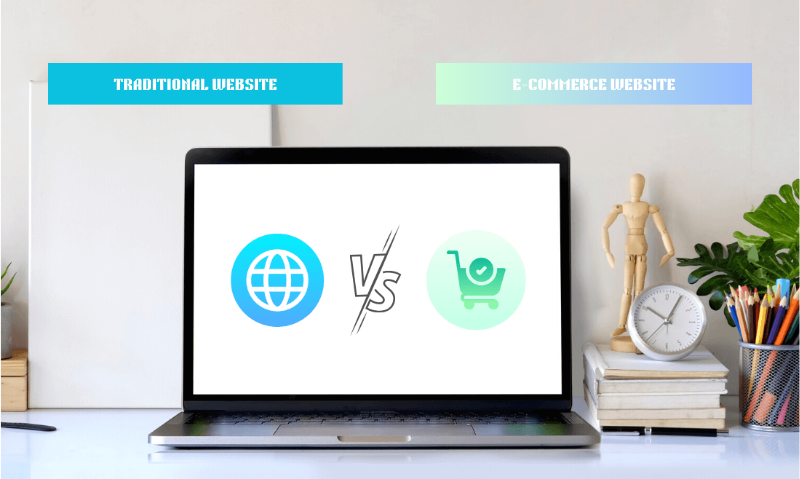
In today’s digital age, businesses are increasingly turning to online platforms to reach their customers. However, not all websites are created equal. Let’s break down the differences between e-commerce websites like Shopify, traditional websites, and other online platforms to help you choose the right solution for your business.
1. E-commerce Websites (e.g., Shopify)
What They Are:
E-commerce websites are specifically designed for buying and selling products or services online. Platforms like Shopify provide businesses with a comprehensive toolkit to set up an online store quickly and efficiently.
Key Features:
- Product Management: Easily add, manage, and categorize products.
- Shopping Cart Functionality: Seamless checkout process for customers.
- Payment Processing: Integrated payment gateways for secure transactions.
- Inventory Management: Track stock levels and automate alerts.
- Analytics and Reporting: Gain insights into sales performance and customer behavior.
Ideal For:
Businesses that want to sell products directly online and require a user-friendly interface to manage their inventory and sales.
2. Traditional Websites
What They Are:
Traditional websites serve as an online presence for businesses but may not have the functionalities required for e-commerce. These sites typically provide information about the business, such as services offered, company history, and contact details.
Key Features:
- Static Content: Focus on presenting information rather than facilitating transactions.
- Limited Interactivity: May include contact forms but lack e-commerce capabilities.
- Brand Presence: Primarily serves as a digital business card.
Ideal For:
Businesses that want to establish an online presence without the need for direct sales. Great for service-based industries or informational sites.
3. Other Online Platforms
What They Are:
This category includes various platforms that offer unique functionalities, such as marketplaces (e.g., Amazon, Etsy) or content management systems (CMS) like WordPress with e-commerce plugins.
Key Features:
- Marketplaces: Leverage existing traffic but may have fees and restrictions.
- CMS Flexibility: WordPress allows customization through plugins, including e-commerce solutions.
- Social Media Integration: Platforms like Facebook and Instagram enable selling directly through social channels.
Ideal For:
Businesses looking for specific functionalities or those who want to reach customers on established marketplaces without building a full-fledged e-commerce site.
Choosing the Right Option for Your Business
When deciding between an e-commerce website like Shopify, a traditional site, or other online platforms, consider your business goals:
- Are you looking to sell products directly? An e-commerce platform is your best bet.
- Do you primarily need to provide information about your services? A traditional website will suffice.
Want to tap into existing marketplaces or leverage unique features? Explore other platforms that fit your needs.
In conclusion, understanding the differences between these options will empower you to make informed decisions for your online strategy. Whichever path you choose, ensure it aligns with your business objectives and customer needs.





